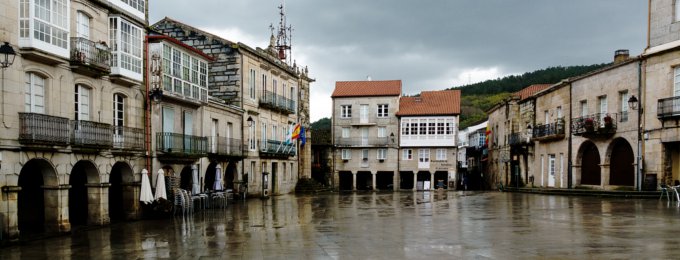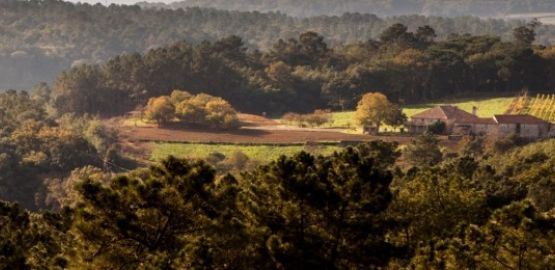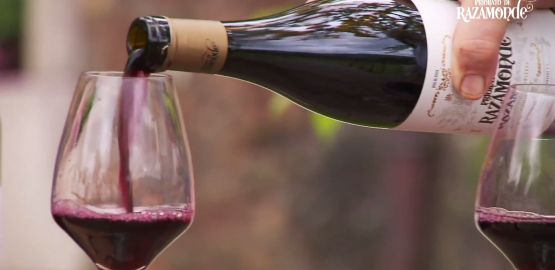
A few months ago, we told you four historical facts about wine. But not only the history of wine is full of anecdotes, but that of the Ribeiro as well.
The Jewish Quarter of Ribadavia
As we told you in a previous post, King Ferdinand II granted Ribadavia the Royal Charter in 1164, protecting economic activities, especially the wine trade. Under the crown, an important Jewish community developed that settled around the Porta Nova. They played an important role as intermediaries due to their financial capacity, their contacts or their ability to mobilize capital. The Ribadavia Jewish quarter became one of the most important Jewish quarters on the Iberian Peninsula, of which there are many remains today.
The monks and the Ribeiro wine
Although Ribeiro wine was already cultivated in Roman times, it is the monks, especially the Cistercian monks of the Monastery of San Clodio, who developed the cultivation of the vine in our region during the Middle Ages. Convinced of the high quality and the enormous potential of the Ribeiro, they dedicated their time to the study of the autochthonous varieties, planting and replanting vines. That dedication resulted in an increase in the production, quality and fame of Ribeiro wines and allowed them to start exporting Ribeiro wine not only through the Camino de Santiago but also thanks to the Jewish merchants settled in Ribadavia. In the middle of the 12th century, the abbot of the monastery of San Clodio, Pelagio González, boasts of the high quality of Ribeiro wines in his will.
Columbus and Ribeiro wine
Recently, documents were discovered in the Simancas archive that relate the judgment that Commander Bobadilla made of Christopher Columbus for his behavior on Hispaniola. In these documents there are references to Ribeiro wine, demonstrating that the first transatlantic expedition in 1592 carried this precious cargo in its cellars. The writings relate how Columbus refused to give more "of the good wine of Ribadavia" to a priest, possibly a Galician, who was ill. This fact became a proof of charge against the admiral.

Oidium and other ills
During the 16th century and the first half of the 17th, the Ribeiro enjoyed fame and prestige, being one of the greatest riches in Galicia. However, several plagues of American origin ravaged the region, decimating the plantations. First, in 1853 came the powdery mildew, followed by the mildew in 1886 and the phylloxera in the 1890s. To combat these pests, the native varieties were replaced by others of less category but more resistant. Fortunately for wine lovers, today the native varieties are being recovered.
We hope you find this post interesting. Now it's time to enjoy a good glass of Ribeiro Alter wine. And you can buy it here.
Delivery is free!




